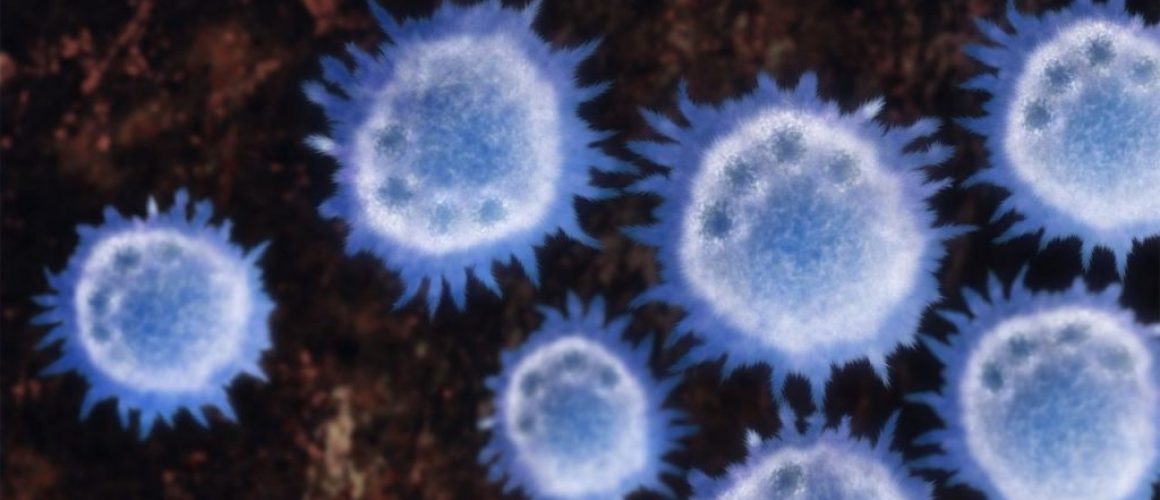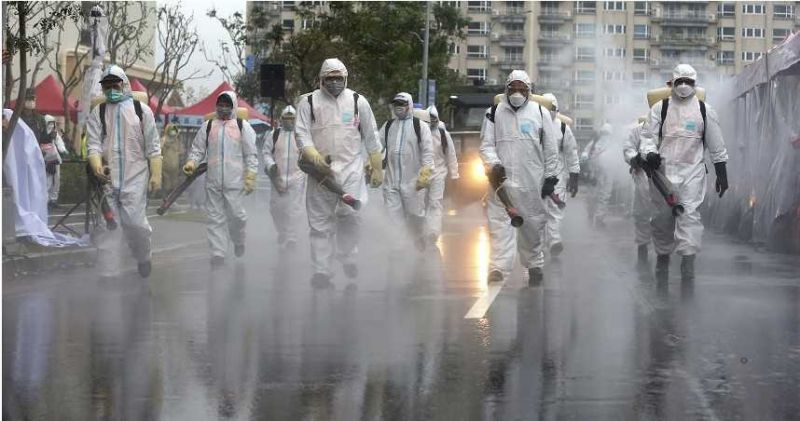Infection control
Know your enemy.
In addition to crowd gathering, it is also possible to infect bacteria and viruses gathered through hospitals, which may also cause serious health problems to patients. The hand is the most important tool for humans, but it is also considered the most common way to spread infections, making hand hygiene a basic procedure for the transmission of potentially harmful pathogens. Here are some common bacteria and viruses for everyone to know to prevent virus infection.
(COVID-19)
Coronavirus Disease 2019 (COVID-19) is a disease that was identified in Wuhan, China, and is now being spread throughout the world. People are encouraged to take common sense precautions to prevent the spread of all infectious diseases, including COVID-19.
States and usually cause upper respiratory symptoms such as cough or runny nose, although some can cause more serious illness. Coronaviruses like COVID-19 are most often spread through the air by coughing or sneezing, through close personal contact (including touching and shaking hands) or through touching your nose, mouth or eyes before washing your hands. Learn more from the Centers for Disease Control and Prevention (CDC) about how COVID-19 spreads and how to protect yourself and your community from getting and spreading respiratory illnesses.
SARS
SARS. SARS is mainly transmitted through close contact between people, through respiratory droplets produced when a patient coughs or sneezes. When droplets of the patient attach to the mucous membranes of the mouth, nose, or eyes of a nearby person, there is a chance to spread the virus. The virus can also be spread indirectly by touching the surface of a contaminated object with both hands and then touching the mouth, nose or eyes.
Middle East Respiratory Syndrome (MERS)
Middle East Respiratory Syndrome (MERS) is an illness caused by a virus (more specifically, a coronavirus) called Middle East Respiratory Syndrome Coronavirus (MERS-CoV). Most MERS patients developed severe respiratory illness with symptoms of fever, cough and shortness of breath. About 3 or 4 out of every 10 patients reported with MERS have died.
Source: Center for HK Health Protection






